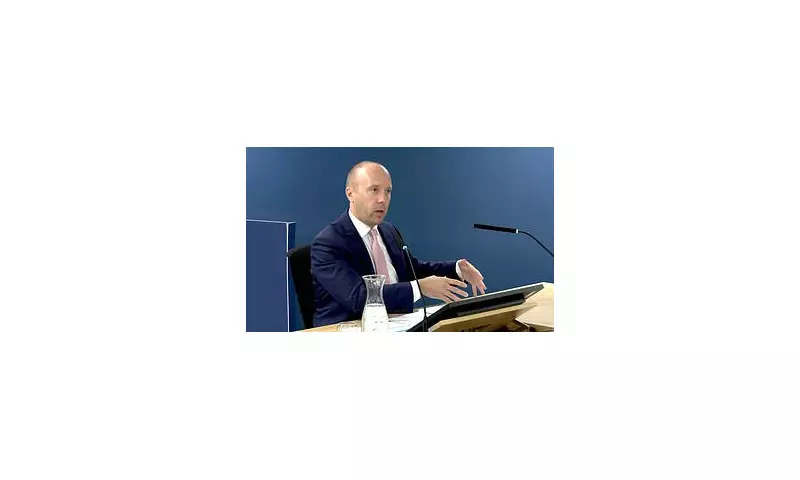
The official Covid-19 Inquiry has delivered a devastating verdict on the UK government's handling of the pandemic, concluding that 23,000 people died unnecessarily because lockdown was imposed too late in March 2020.
A Week That Cost Thousands of Lives
In her damning 760-page report published today, inquiry chair Baroness Hallett revealed that imposing mandatory lockdown measures just one week earlier could have prevented nearly half of all deaths during the first wave. The inquiry found that had restrictions been introduced on or immediately after March 16, 2020, England alone would have seen approximately 23,000 fewer deaths - representing a 48 per cent reduction in the death toll.
Lady Hallett stated that the catastrophic national shutdown of March 2020 might have been avoided altogether if the four governments of the UK had acted more decisively to control the pandemic's spread during its crucial early stages.
Systemic Failures Across Government
The report paints a picture of systemic failure at the highest levels of government, with Whitehall described as being completely unprepared for the devastating virus. Ministers were forced to take 'tough decisions' that amounted to 'too little, too late', according to the inquiry's findings.
Among the most significant failures identified were:
- Boris Johnson's slow response, with the inquiry concluding he 'should have appreciated sooner that this was an emergency that required prime ministerial leadership'
- Sir Christopher Wormald, now running the civil service, presided over 'misleading assurances' about the UK's preparedness while heading the health department
- Health Secretary Matt Hancock made 'false promises' to Downing Street about having the crisis under control
- Dominic Cummings was described as having a 'toxic and destabilising' effect on government operations
Devastating Impact on Children and Society
The inquiry highlighted the particularly severe consequences for children, noting that while the vast majority were not at serious risk from Covid-19 itself, they 'suffered greatly from the closure of schools and requirement to stay at home'.
Lady Hallett found that children 'were not always prioritised' and the government was completely unprepared for the 'sudden and enormous task' of educating children at home during the lockdown periods.
The report described February 2020 as 'a lost month' in which the UK could have made crucial preparations that would have saved tens of thousands of lives. The overall lack of urgency in government was branded 'inexcusable' by the inquiry chair.
Lady Hallett concluded that while the nationwide lockdowns undoubtedly saved lives, they 'also left lasting scars on society and the economy, brought ordinary childhood to a halt, delayed the diagnosis and treatment of other health issues and exacerbated societal inequalities.'
The Covid-19 Inquiry, which heard evidence from 166 witnesses over nine weeks of public hearings, represents one of the most comprehensive examinations of the UK's pandemic response, with its findings likely to shape future emergency planning for decades to come.






